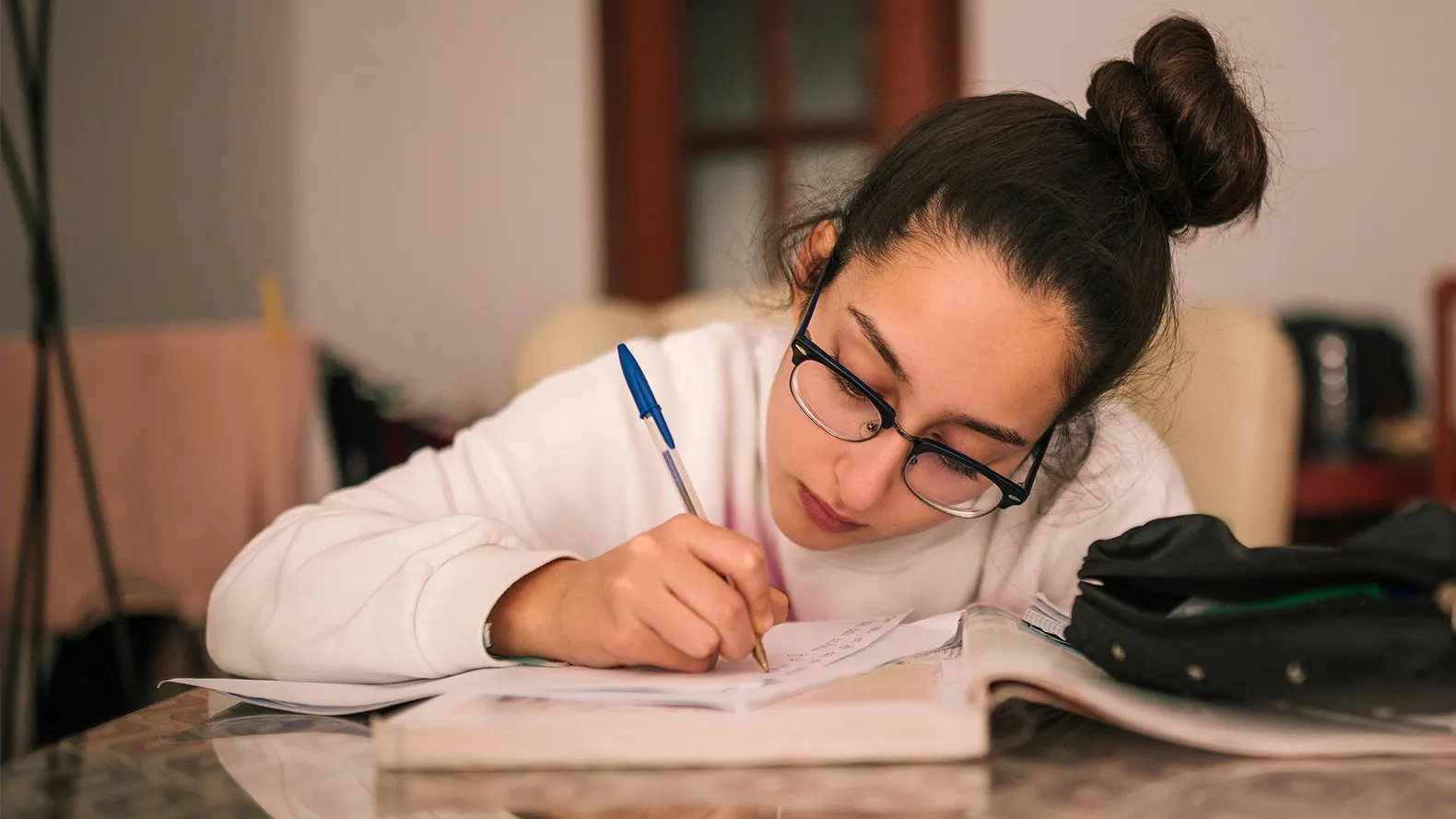get started
An important part of a student’s school life is learning to do homework properly. In this complete guide, we explore the key tips and strategies that can help you develop effective habits and help you do well in school.
Why doing homework is important
Homework is an important way to consolidate the knowledge you learned in class. Students improve their subject knowledge, learn critical thinking skills and develop a positive attitude towards learning through good practice. These benefits go beyond numbers; they also affect your overall performance in school and personal growth.
Put things in place and get to work
Setting up a good place to study is crucial to doing your homework well. Focused and effective practice includes organizing study materials and using good time management skills. Let’s go through each section to prepare us for what we need to do.
How do you create a good learning environment?
Reserving a clean, quiet study space can help you focus and reduce distractions. Make sure the study area has plenty of bright and comfortable seating to create a welcoming atmosphere and be conducive to learning.
Organize study materials
Proper sequencing reduces the time spent searching for items, increasing overall output. To make it easier to find items, invest in storage solutions, use a color coding system and keep your desk clean.
Use good time management skills
Divide your study sessions into manageable chunks and take breaks to recharge. Time management techniques, such as the Pomodoro Technique, can help you stay focused and avoid burnout.
How to Do Homework Well: Tips for Establishing Helpful Routines
Establishing a pattern is the most important thing you can do to do your homework well. This section provides helpful advice on how students can develop fair and effective study plans.
Create structured routines
Set specific study times that work best for you to focus. Develop a weekly schedule for each subject with set times to ensure all assignments are completed.
Increase rest time and rewards
Resting in the right place can help your brain work better and prevent you from feeling tired. You can also encourage students to stick to their habits by rewarding them, such as taking short breaks to do fun activities.
Dealing with procrastination
Procrastination blocks success. To combat this, break chores into smaller, more achievable steps and set goals that you can achieve. Rewarding yourself when you’re done can help you maintain your good habits.
Advice for people who learn in different ways
Recognizing and adapting to different learning styles can make homework habits work better. Adjust your approach based on whether you learn best by seeing, hearing, or touching.
Students see
Use color-coded notes, graphs and charts to help you understand better. Create mind maps or images to help you see how different ideas relate to each other.
listening students
You can record lessons or important information and listen to them while you study. Participate in group discussions or express ideas so you can understand them better.
For kinesthetic learners
Walk around while studying. Use tasks or learning tools that you have mastered to become more engaged with the subject.
Work together and help each other
Studying together creates an active learning atmosphere. Join an online study club or study with a group to share your ideas, get answers to your questions, and see things from a different perspective.



